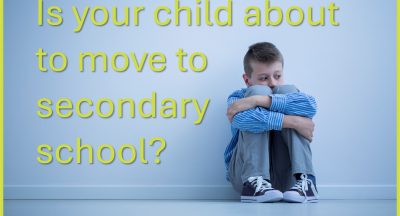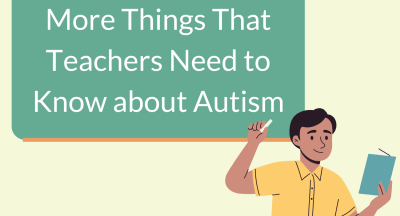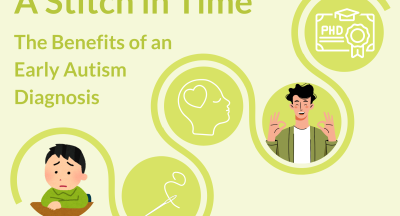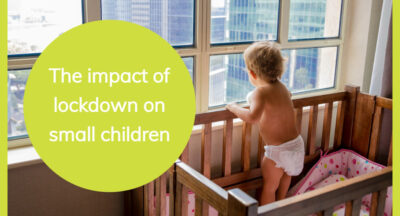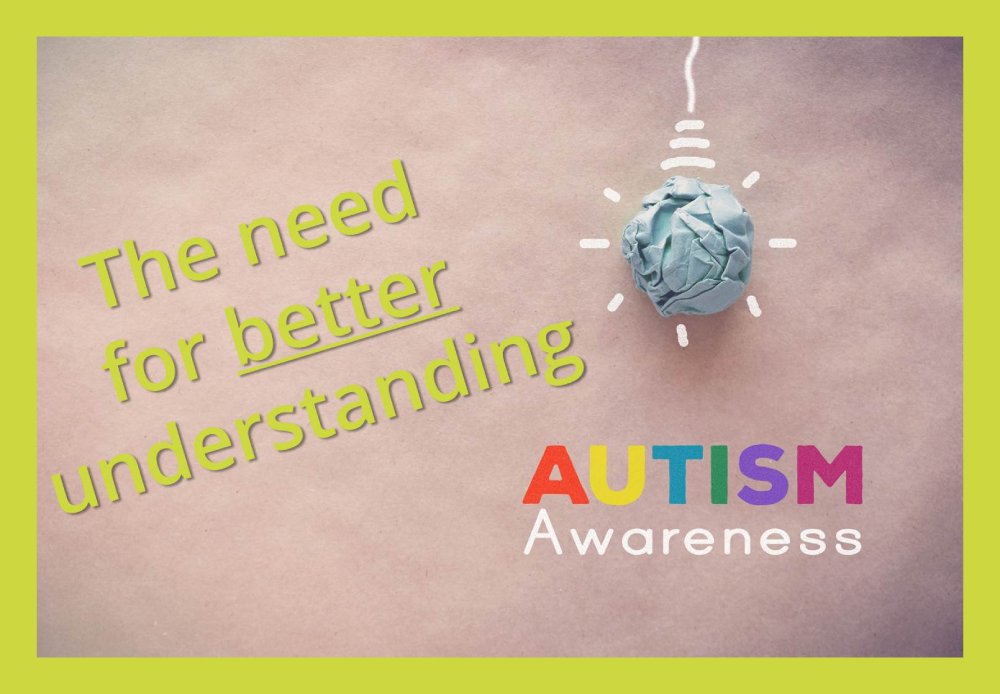
03/01/2020
by Dr Judy Eaton
Anxiety, Autism, Blog, Child and Young Person, Clinician related, Parenting related, PDA, Teaching related
0 comments
Last updated: 22nd July 2022
A new year dawns and it is always a good time to reflect upon the previous year. At Help for Psychology (in common with many other teams) we have seen a huge increase in the number of very complex young people we have been asked to work with, and distressing reports from parents about their struggle to access appropriate and timely services for both children and young adults.
Some of the children (and adults) we have seen have reported episodes of ‘hearing voices’ or of experiencing times when they feel like they are a different person. We have also seen cases where the young person has shut down to the point that they are unreachable and refuse to come out of their rooms.
This often leads parents to speculate about psychosis, and to worry that their child is at risk of developing schizophrenia. Co-incidentally, I was only yesterday pointed in the direction of a new publication for psychiatrists entitled ‘The Psychiatry of Intellectual Disability’. In one chapter, the book refers to the ‘identification of new categories such as Pathological Demand Avoidance (PDA) and Multiple Complex Developmental Disorder representing a merger of Autism Spectrum Disorder and Psychosis’. Both PDA and Multiple Complex Developmental Disorder are controversial diagnostic labels, neither have been included as separate categories in the latest edition of the DSM (which is the manual used by doctors to make diagnoses). However, if you read the descriptions of both – which include severe difficulties in managing emotions, mood swings, anxiety, panic attacks, and difficulties making and maintaining peer relationships – it is clear to see that many of the descriptions fit the type of challenges faced by the very young people who are struggling to access appropriate education or support for their mental health.
Psychotic episodes can be (and often are) triggered by trauma and extreme stress. This is interesting as many of the children we see have not experienced what most people would consider a ‘trauma’.
However, to quote autistic academic Damian Milton, trauma is what the person experiencing an incident perceives it to be, not the actual incident. This raises the question – How many young people with complex neurodevelopmental conditions, such as Autism, are being traumatised by their everyday environment? There is growing evidence to show that the Autistic brain perceives a variety of sensations and experiences differently from the non-Autistic brain. Smell, taste, touch, sound, sight and, of course, interoception (the ability to perceive the body’s own signals of hunger, thirst and even pain). Maybe simply having to attend school every day, or face the stress of trying to cope with peer relationships you do not fully understand, is enough to traumatise a child. We have certainly seen children who have experienced significant challenges at school (including being restrained) who display clear features of Post-Traumatic Stress Disorder (PTSD), including night terrors, flashbacks and panic attacks.
… but it is lack of understanding from others that causes this anxiety to increase and become more debilitating.
This is real and genuine. Some parents have reported that they have been told that ‘anxiety is just part of being autistic’. This is not strictly true. Autistic children (and autistic adults) may be more prone to anxiety than others, but it is lack of understanding from others that causes this anxiety to increase and become more debilitating.
There is a huge need for more training for professionals who come in contact with autistic children (and autistic adults). This includes teachers and medical professionals. There were so many cases which were highlighted on social media last year where better understanding of Autism may have prevented in-patient admission for a young person (Bethany) or even untimely death (as in the tragic case of Oliver McGowan who died as a result of an adverse reaction to anti-psychotic medication). I was involved in providing training on Autism to a number of General Practitioners last year on a number of occasions. Every time, I was shocked by the lack of knowledge about Autism and the simplistic, stereotypical view many of them shared. Time and time again I was told ‘Oh I had no idea that Autism was so common in females’ or even – and more shockingly – one GP stated: ‘I was not aware that there was such a thing as high functioning Autism’. Sadly, this is only the tip of the iceberg but the local GP is often the first person families approach when they have concerns about their child.
… one GP stated: ‘I was not aware that there was such a thing as high functioning Autism’.
I have also heard anecdotal stories about some clinicians who have rejected the possibility of Autism because a child has friends or makes eye contact.
There are a number of campaigns currently that are trying to raise awareness of these issues, that are trying to ensure better understanding and treatment for autistic children and autistic adults in burnout, who develop eating disorders, who end up detained for months in inpatient units miles away from home, and those who, sadly, do not make it to adulthood. The statistics around the likelihood of dying young for Autistic persons are a tragedy.
We at Help for Psychology strongly support these campaigns and will continue to try and raise awareness. It is not all doom and gloom though. Very often parents (and young adults) who have received the right support let us know how they and their children are doing. Support and the right type of intervention and understanding can make a measurable difference. We receive some lovely heart-warming emails, often from families and young adults who were once in crisis.
Happy New Year everyone.
Related Posts
Is your child about to move to secondary school?
05/06/2024
As the end of primary school nears, the move to secondary school can be daunting...
More Things That Teachers Need to Know about Autism
31/08/2018
An article published back in August 2018 by the National Autistic Society, titled...
A Stitch in Time: the Benefits of an Early Autism Diagnosis
29/08/2024
Read the story of a thriving young autistic person and how early diagnosis and...
The impact of COVID 19 lockdowns on children
13/04/2022
The impact of COVID 19 lockdowns on children’s development and the early...


